Hubble Telescope Captures 'Undiscovered' Galaxies
The Hubble Space Telescope has peered farther back in space and time than ever before to see baby galaxies that may have been created as little as 500 million years after the big bang.
Astronomers estimate that three recently identified galaxies, which are small and compact and glow a striking blue, are about 13.2 billion light years away. This means that their starlight was emitted about 13.2 billion years ago, when the Universe was only 4 per cent of its present age.
“With the rejuvenated Hubble and its latest instruments, we are now entering uncharted territory that is ripe for new discoveries,” said Garth Illingworth, of the University of California, Santa Cruz, who led the survey team. He told the American Astronomical Society conference, in Washington, that the efficient Hubble observatory provided an opportunity to “push back the frontiers”.

Further clues to the early Universe have been provided by another image, which combines pictures from Hubble’s new camera with a survey from 2004. It gives a panoramic vision of the sky with about 7,500 galaxies at diverse stages of evolution.
The earliest galaxies detected by Dr Illingworth’s team were pinpointed in August last year, following the fitting of the telescope’s new Wide Field Camera 3 (WFC3). The instrument was pointed at a section of sky known as the Hubble Ultra Deep Field, which was first surveyed in visible light in 2004 to provide one of the telescope’s most iconic images — dark sky teeming with more than 10,000 galaxies. The WFC3 instrument has now recurring the exercise for infrared light. The first analysis of the new 2009 Hubble Ultra Deep Field found substance that was formed about 600 million years after the big bang. Dr Illingworth’s team has now found proof that three galaxies in the image date to about 500 million years after the dawn of the Universe.
Marcella Carollo, another member of the research group, said: “They are the very building blocks from which the immense galaxies of today, like our own Milky Way, ultimately formed.”
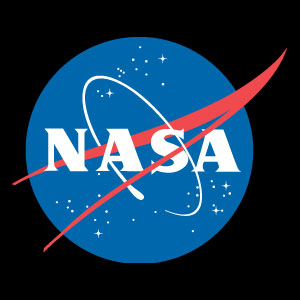

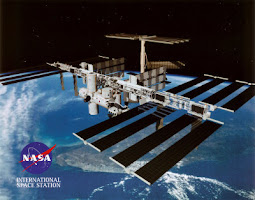
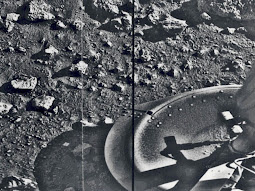
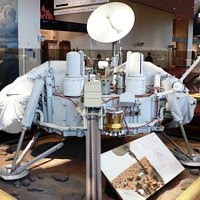


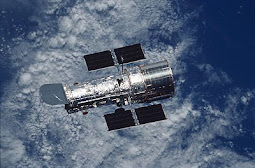
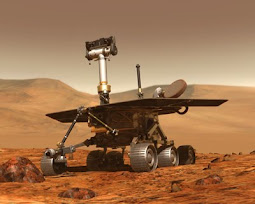
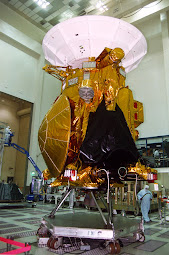
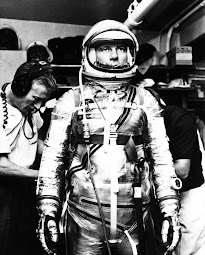
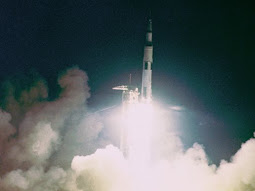
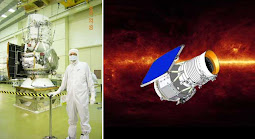
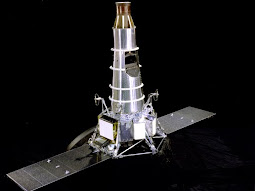
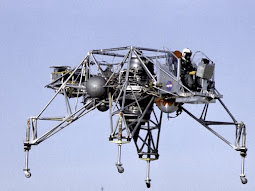
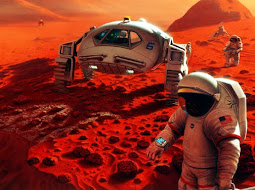
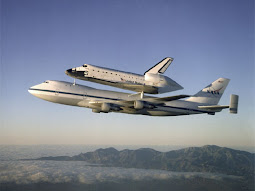

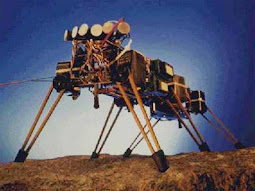
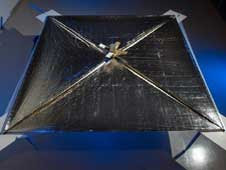
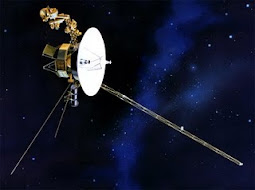
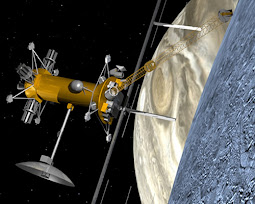
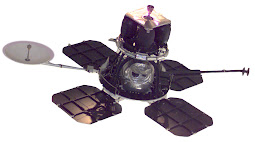
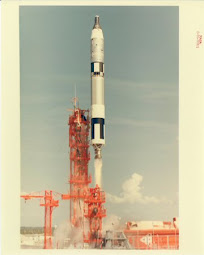
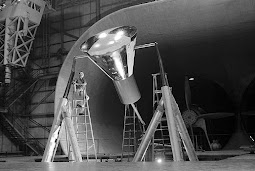
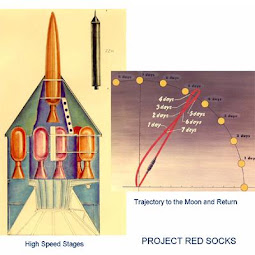
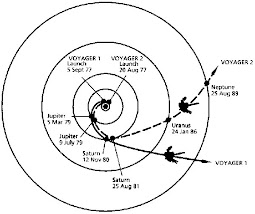

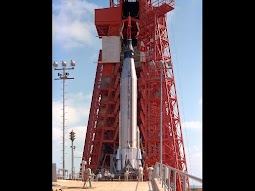
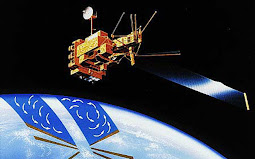
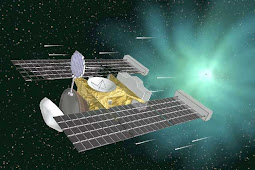
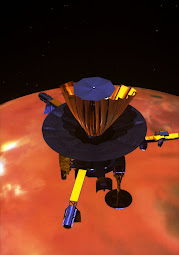
0 comments:
Post a Comment